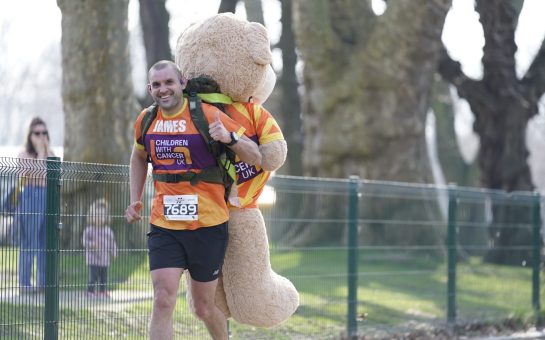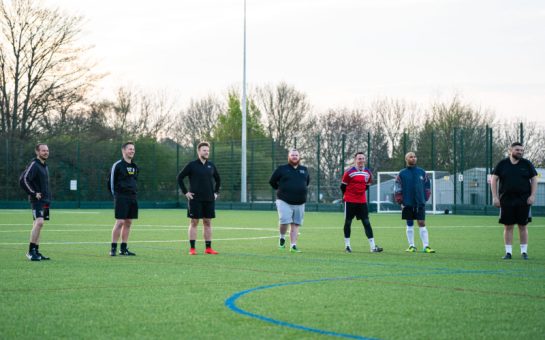Richmond FC’s director of rugby has voiced his support for tackling mental health problems for young people in sport, but insists help needs to be provided by experts in the field.
Steve Hill’s comments come after Premiership side Harlequins announced their involvement in supporting mental health in sport earlier this month through METTLE, a campaign which looks to educate young people dealing with stress at home, in school and on the pitch.
Hill believes a young person’s ability to speak out in sport has improved since his playing days, but emphasised the importance of providing them with the opportunity to speak to the right person.
“You weren’t encouraged to talk much back in my day of playing,” he said.
“Now, coaches are much more aware that there is an increase of mental health problems with young people.
“But our role should only be to identify. If someone needed to talk, they wouldn’t choose to talk to a coach. They would talk to a professional who can provide help.
“If my car needed an MOT, I would take it to a garage, not someone who isn’t an expert in it.”
Co-founder of Balham community club ‘Try Tag Rugby’ Phillip Browne suggested that the social and non-competitive side of sport could help tackle mental health.
He said: “Making friends in a fun environment, as well as providing a club that is as sociable and inclusive as possible can go some way to improve a young person’s mental health, which is now such an important aspect of sport.”
Hayley Jarvis, the community program manager for sport at mental health charity MIND, agrees – but also stated that intense structures in sport can trigger factors of mental health in young people.
She said: “Research shows that outdoor exercise such as rugby can have huge benefits for young people’s health and wellbeing.
“Getting more regular social contact with people can reduce loneliness and boost self-esteem.
“But, structured and pressurised physical activity can trigger certain factors contributing to someone’s ill health, and are often reasons for someone to avoid exercise.”
However, Hill believes that mental health is down to ‘deep-seated reasons’, and cannot necessarily be influenced by decreasing pressures found in sport.
“The social environment around a club, professional or amateur, has no impact on tackling mental health as it’s a very personal matter,” he said.
“Mental health problems arise for a whole range of reasons. My daughter suffered with mental health issues for over a decade, and it is normally down to deep-seated reasons, not pressures in sport.”
Featured image courtesy of Alessio Bragadini via Flickr, with thanks




